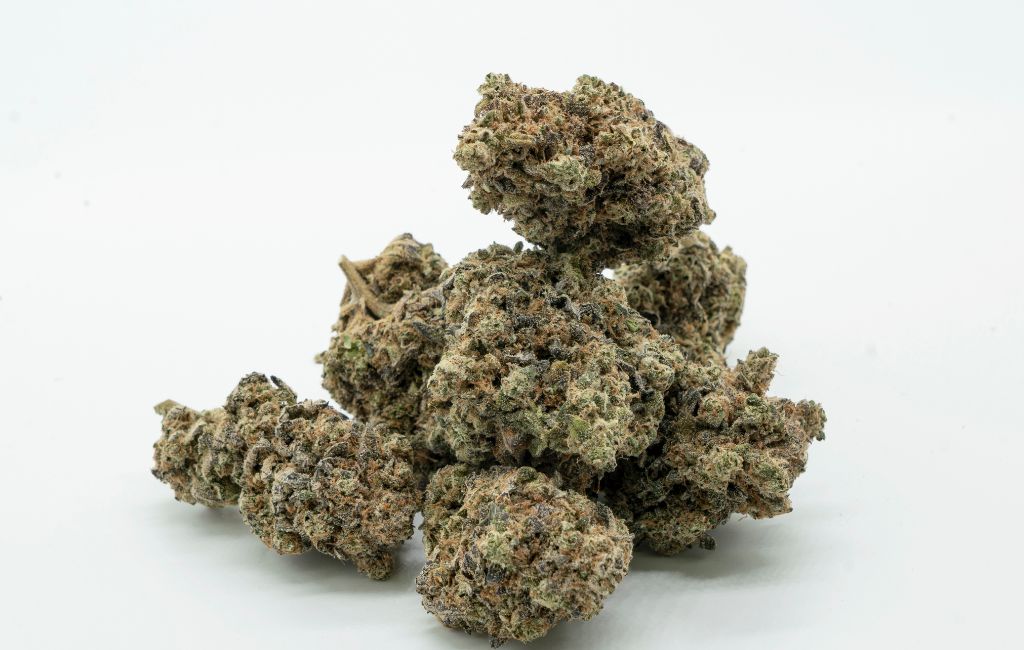Unlocking THCa Benefits at Its Best
In recent years, the exploration of cannabis compounds has gained significant momentum. Among these compounds, THCa, or tetrahydrocannabinolic acid, has emerged as a subject of interest for researchers and consumers alike. Unlike its more famous counterpart THC, THCa is non-psychoactive, offering a range of potential benefits without the high. This article delves into the potential THCa benefits, supported by research and real-world examples.
Understanding THCa
THCa is a naturally occurring compound found in raw cannabis plants. It is the precursor to THC, the compound responsible for the psychoactive effects of cannabis. When cannabis is heated through smoking, vaping, or cooking, THCa undergoes decarboxylation, converting into THC. This transformation is why raw cannabis does not produce a high.
Non-Psychoactive Nature
One of the most appealing aspects of THCa is its non-psychoactive nature. This makes it an attractive option for individuals seeking the therapeutic benefits of cannabis without the mind-altering effects. This characteristic opens up possibilities for a wider range of applications, particularly in medical settings.
Potential Health Benefits of THCa
Research into THCa is still in its early stages, but preliminary findings suggest several potential health benefits. These benefits are primarily attributed to its anti-inflammatory, neuroprotective, and anti-emetic properties.
Anti-Inflammatory Properties
Inflammation is a common underlying factor in many chronic diseases, including arthritis and inflammatory bowel disease. Studies have shown that THCa may help reduce inflammation, providing relief for individuals suffering from these conditions. For example, a study published in the “Journal of Pharmacology” highlighted THCa’s ability to inhibit inflammatory enzymes, suggesting its potential as an anti-inflammatory agent.
Neuroprotective Effects
Neurodegenerative diseases such as Alzheimer’s and Parkinson’s pose significant challenges to healthcare systems worldwide. THCa has shown promise in protecting brain cells from damage, potentially slowing the progression of these diseases. Research conducted by the “Neurochemical Research” journal indicated that THCa might help preserve cognitive function by reducing oxidative stress and inflammation in the brain.
Anti-Emetic Benefits
Nausea and vomiting are common side effects of chemotherapy and other medical treatments. THCa has demonstrated potential in alleviating these symptoms, offering a natural alternative to traditional anti-emetic medications. A case study involving cancer patients undergoing chemotherapy found that THCa-rich cannabis extracts significantly reduced nausea and improved overall quality of life.
Real-World Applications
Beyond the laboratory, THCa is finding its way into various products and applications. From dietary supplements to topical creams, the versatility of THCa is being harnessed in innovative ways.
THCa in Dietary Supplements
As awareness of THCa’s potential benefits grows, so does its inclusion in dietary supplements. These supplements are often marketed as wellness products, promoting overall health and well-being. Consumers are drawn to the idea of incorporating THCa into their daily routines without experiencing psychoactive effects.
Topical Applications
THCa-infused creams and balms are gaining popularity for their potential to alleviate localized pain and inflammation. Athletes and individuals with chronic pain conditions are turning to these products as a natural alternative to over-the-counter pain relievers. The non-psychoactive nature of THCa makes it suitable for use throughout the day without affecting mental clarity.
Challenges and Considerations
While the potential benefits of THCa are promising, there are challenges to its widespread adoption. Legal restrictions, limited research, and variability in product quality are some of the hurdles that need to be addressed.
Legal Landscape
The legal status of THCa varies across regions, impacting its availability and use. In some areas, THCa is classified similarly to THC, limiting its accessibility. Advocacy for clearer regulations and increased research funding is essential to unlock the full potential of THCa.
Research Limitations
Current research on THCa is limited, with most studies conducted in vitro or on animal models. Human trials are necessary to validate the preliminary findings and establish safe and effective dosages. Increased funding and collaboration between researchers and industry stakeholders are crucial for advancing our understanding of THCa.
Product Quality and Standardization
The variability in THCa content across different products poses a challenge for consumers seeking consistent results. Standardization and quality control measures are needed to ensure that products deliver the promised benefits. Third-party testing and transparent labeling can help build consumer trust in THCa products.
Conclusion
THCa represents a promising frontier in the exploration of cannabis compounds. Its non-psychoactive nature and potential health benefits make it an attractive option for a wide range of applications. While challenges remain, ongoing research and advocacy efforts are paving the way for a better understanding of THCa’s potential. As the landscape of cannabis research continues to evolve, THCa stands out as a compound with the potential to improve health and well-being without the high.





